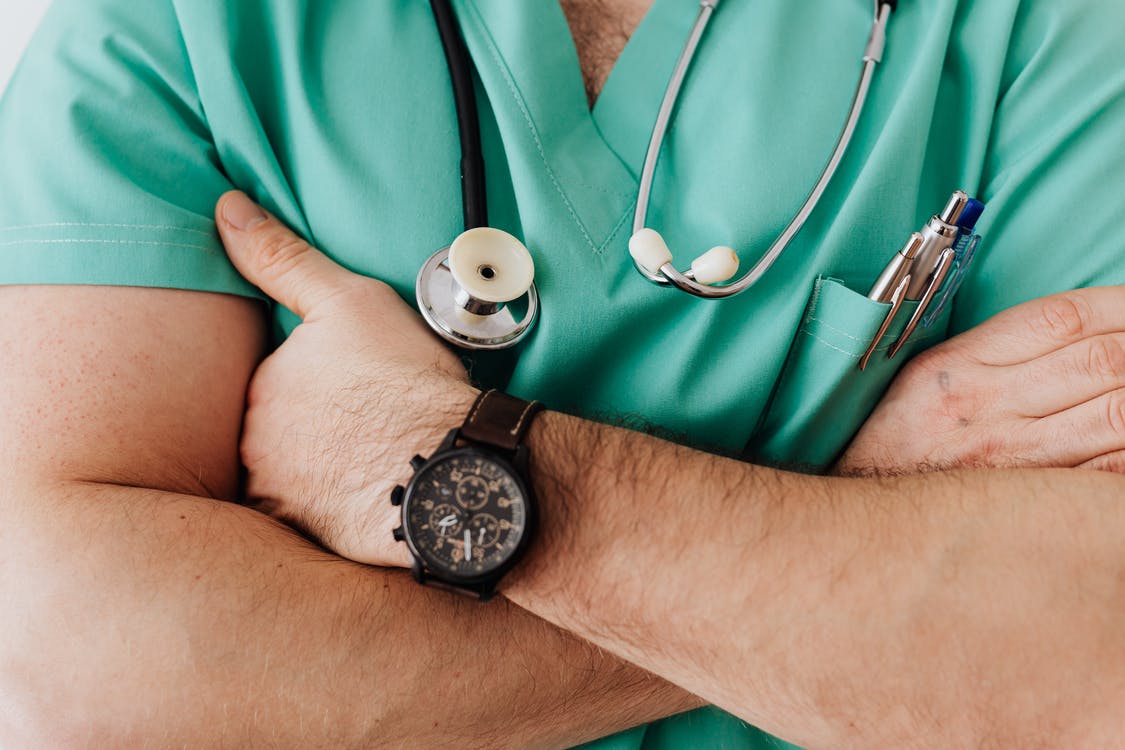Latest News
Effective Treatments for Managing Chronic Kidney Disease

Kidney disease is a medical condition requiring urgent attention to prevent further progression. There is a chance that you can get an early diagnosis and treatment before it develops into chronic kidney disease or even further to kidney failure. Tsegaw E Egziti M.D is a specialized doctor who can help you create a treatment plan and manage your condition.
What is kidney disease?
Kidney disease is a chronic disease that gradually involves the kidney’s malfunctioning. There are two kidneys in the human body, and they are responsible for the filtration and elimination of waste products from the blood, disposing of them through urine. Therefore if your kidney is not working correctly, they may be unable to filter and control your blood pressure accurately. Chronic kidney disease may always begin without detectable signs and may develop into a final stage failure, a fatal state if dialysis is not done, or even a kidney transplant. You may have to be on treatments for the rest of your life if you develop chronic kidney disease. But there are treatments available for managing your symptoms.
What are the signs and symptoms of kidney disease?
The signs and symptoms may develop gradually as the damage increases slowly. This damage may cause your body to build up waste or fluid and cause problems. The severity of the loss of function may cause signs and symptoms such as:
· Nausea and vomiting
· Fatigue
· Little or frequent urination
· Swollen feet
· High blood pressure
You may develop other signs and symptoms as the disease progresses, and you must see a doctor. An early diagnosis may prevent further progression of the disease to kidney failure.
What are the available treatments for kidney disease?
Your doctor may first have to carry out a comprehensive evaluation and run tests to determine the severity of your condition. Once the diagnosis is through, your doctor will recommend the proper treatment for you. These treatments may include:
· Medications
Your doctor may recommend particular drugs to help control the complications and make your life comfortable. There may be medications to lower blood pressure, lower cholesterol levels, and reduce swelling. These medications will help increase kidney function.
You may develop a final stage kidney disease, and this may require other forms of treatment such as:
· Dialysis
It is an artificial removal of waste products and fluid from the blood when your kidney fails to perform. If it is hemodialysis, a machine will filter excess fluid and waste products from your body. Your doctor may pass a tube through your belly and fill your cavity with a solution to absorb the waste and liquid. Later, the solution drains from the body with the debris alongside.
· Kidney transplant
Your doctor may recommend surgical removal of your kidney and replacing it with a healthy one. A healthy transplant comes from a donor or the deceased. Once you have a successful transplant, you may need regular medications to prevent your body from declining the new kidney.
Find out more about kidney disease and treatments at Houston Kidney Specialists Center or visit the website to request your appointment.
Umar Nisar was born and raised in the busy city of Abbottabad. As a journalist, Umar Nisar has contributed to many online publications including PAK Today and the Huffing Post. In regards to academics, Umar Nisar earned a degree in business from the Abbottabad UST, Havelian. Umar Nisar follows the money and covers all aspects of emerging tech here at The Hear Up.
Thanks










